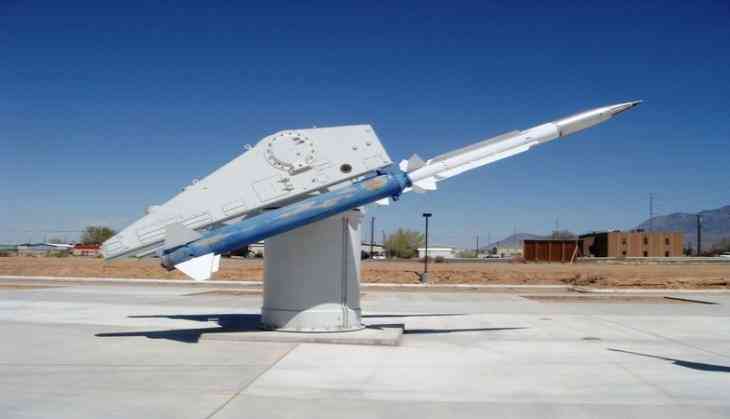
The overall number of nuclear warheads in the world has declined in the past year but nations are modernising their arsenals, a report published Monday said.
At the start of 2019, the United States, Russia, Britain, France, China, India, Pakistan, Israel and North Korea had a total of some 13,865 nuclear weapons, according to estimates in a new report by the Stockholm International Peace Research Institute (SIPRI).
That represents a decrease of 600 nuclear weapons compared to the start of 2018.
But at the same time all nuclear weapon-possessing countries are modernising these arms - and China, India and Pakistan are also increasing the size of their arsenals.
"The world is seeing fewer but newer weapons," Shannon Kile, director of the SIPRI Nuclear Arms Control Programme and one of the report's authors, told AFP.
The drop in recent years can mainly be attributed to the US and Russia, whose combined arsenals still make up more than 90 percent of the world's nuclear weapons.
This is in part due to the countries fulfilling their obligations under the New START treaty -- which puts a cap on the number of deployed warheads and was signed by the US and Russia in 2010 -- as well as getting rid of obsolete warheads from the Cold War era.
The START treaty is however due to expire in 2021, which Kile said was worrying since there are currently "no serious discussions underway about extending it".
Next year the treaty on the Non-Proliferation of Nuclear Weapons (NPT) -- considered the cornerstone of the world's nuclear order -- turns 50.
The number of nuclear arms has been drastically reduced since a peak in the mid-1980s when there were some 70,000 nuclear warheads in the world.
While Kile said progress should not be underestimated, he also noted a number of worrying trends, such as the build-up of nuclear arms on both sides of the border between India and Pakistan, and the danger of a conventional conflict escalating to a nuclear one.
There is also a more general trend towards an "increased salience" of nuclear weapons, where changing strategic doctrines, particularly in the US, are giving nuclear weapons an expanded role in both military operations and national security dialogue, Kile said.
"I think the trend is moving away from where we were five years ago, where the world's nuclear weapons were being marginalised," Kile said.
Former UN chief Ban Ki-moon recently urged nuclear powers to "get serious" about disarmament and warned there was a "very real risk" that decades of work on international arms control could collapse following the US pullout of the Iran nuclear deal, which he said sent the wrong signal to North Korea.
Global disarmament efforts also suffered a blow when the United States announced in February it would withdraw from the Intermediate-Range Nuclear Forces (INF) treaty, prompting Russia to say it would also suspend its participation.
-PTI


